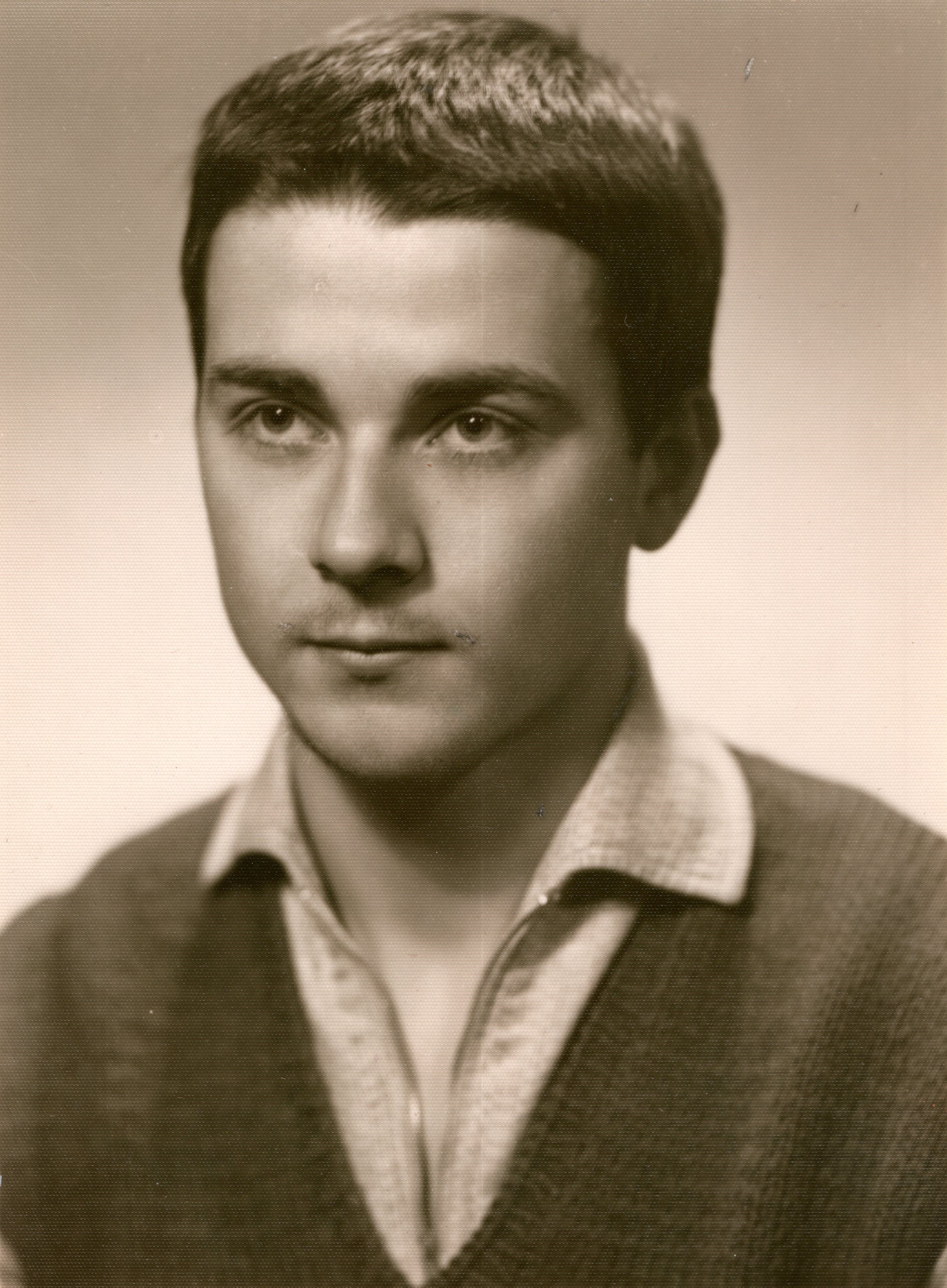He last heard his uncle Záviš Kalandra on the radio

Stáhnout obrázek
Jan Ungár was born on 4 May 1946 in Prague. His aunt Jarmila Rambousková, a photographer and artist, became the second wife of the famous photographer František Drtikol. His stepfather Arnošt Ungár was of Jewish origin. During the war he divorced his first wife to protect her and their two daughters and then faked suicide. For the rest of the war he had to hide from the Gestapo. Then he joined the Prague Uprising as a doctor. His stepfather Arnošt Ungár and uncle Záviš Kalandra were arrested in connection with the political trial against Milada Horáková. After a few years, the stepfather was released from custody, but Záviš Kalandra ended up on the scaffold. The three-year-old Jan Ungár was taken by his mother to his grandmother to protect him from the consequences of the persecution. He was only able to return after several years, and the long separation from his mother left its effects on his psyche. During his studies at the Academy of Arts and Crafts, the Warsaw Pact armies occupied the country and he decided to emigrate to Sweden. After a few months, he returned again because he understood that it was not he who should leave, but the occupiers. He worked all his life in the field of media, graphics and fine arts. He has published both at home and abroad. At the time of the Velvet Revolution he was involved in the activities of the Civic Forum. In 2023 he lived in Prague.























